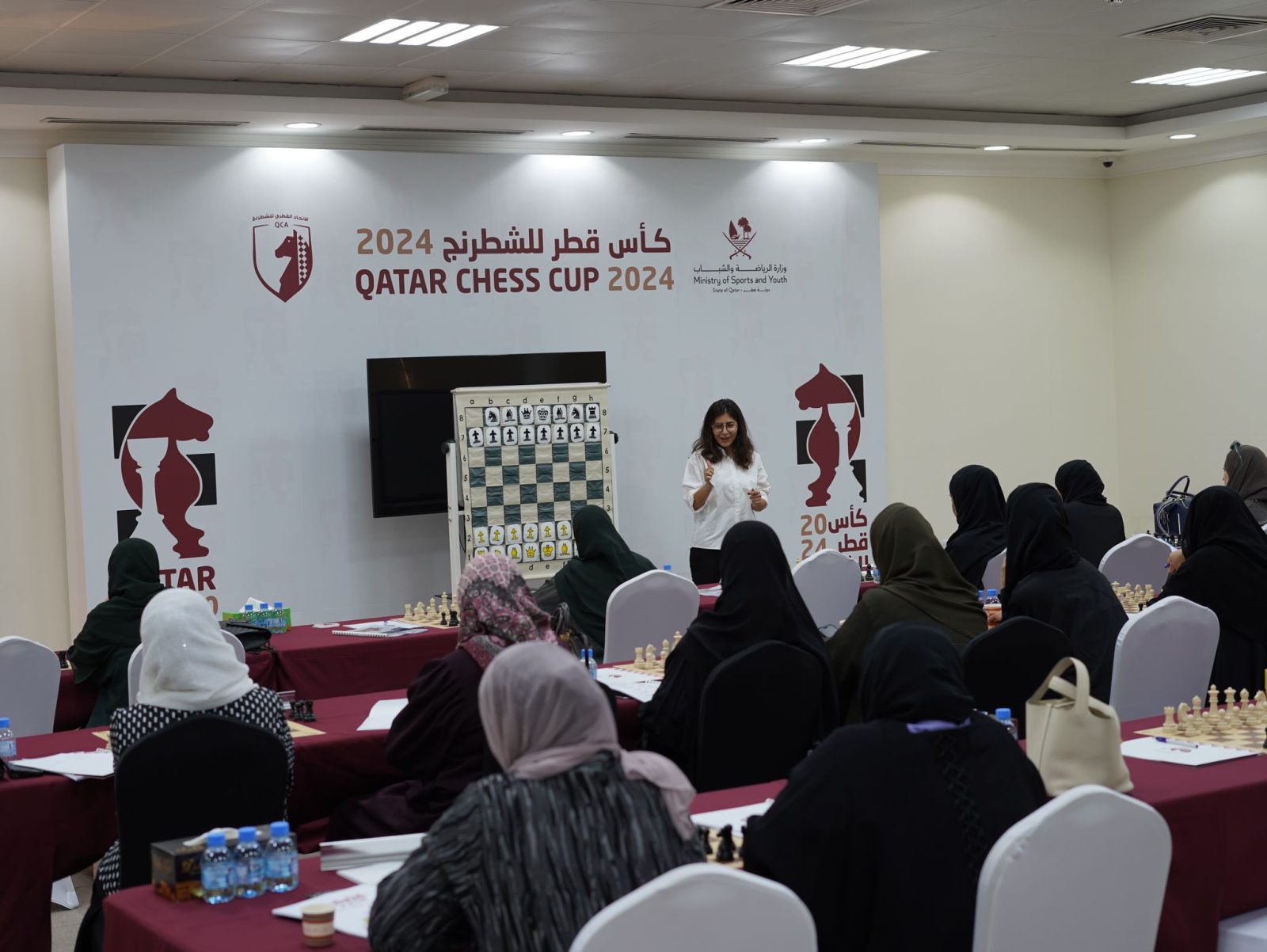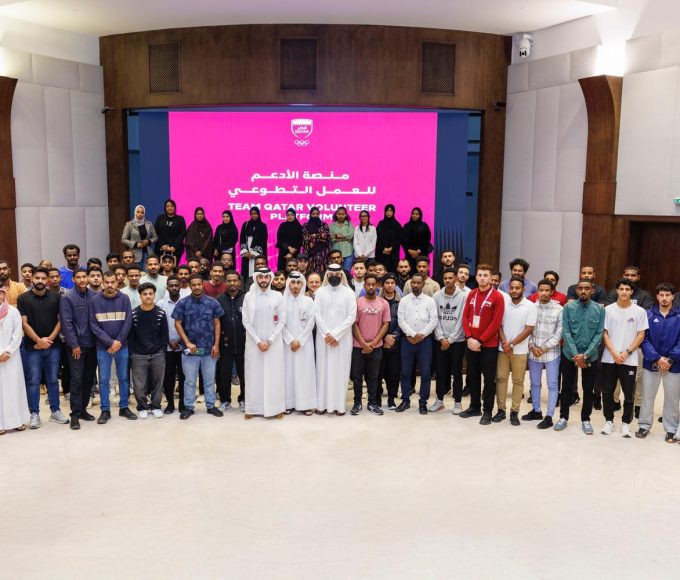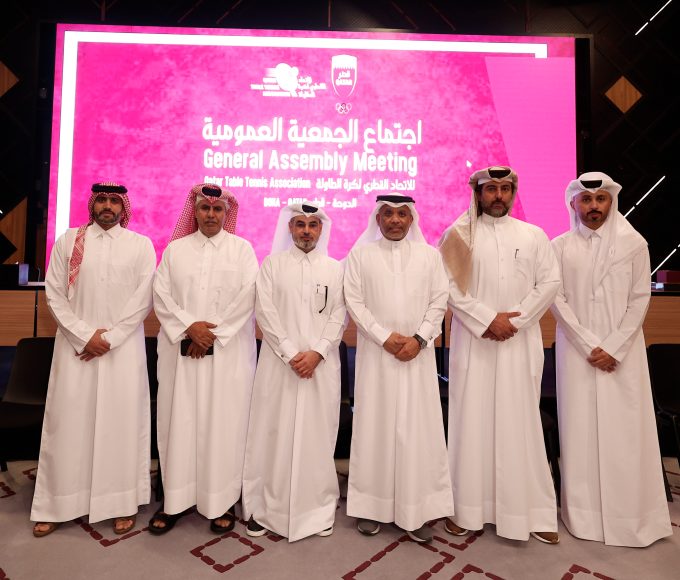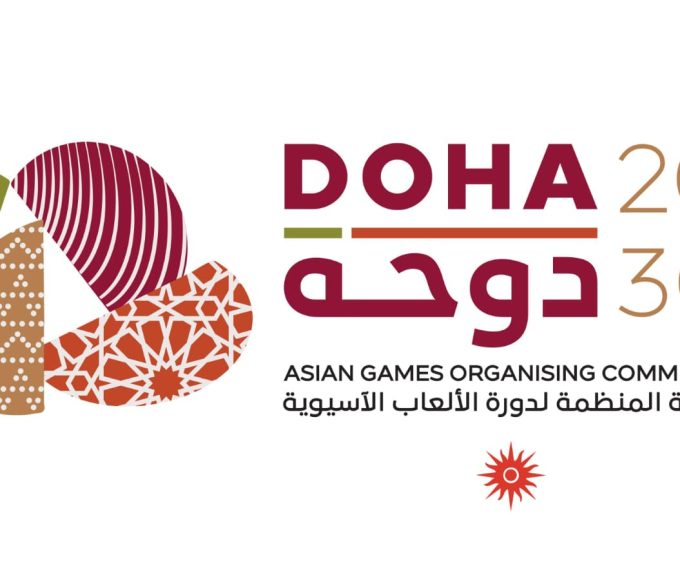Doha: The Qatar Chess Association (QCA) has announced the launch of the second edition of the Chess in Schools Project, within the framework of the partnership between the Association and the Ministries of Sports and Youth and Education and Higher Education.
The project witnesses the participation of a number of public and private schools, as the chess and education course is held in the meeting hall at the Chess Training Center and includes topics on the basic principles of the game’s rules, as well as the most important positives of practicing chess in the school stages and methods of teaching the game.
The course also touched on several other topics related to arbitration rules, preparing internal tournaments, in addition to the training and qualification aspect for teachers to manage school chess teams and organize annual tournaments between different school teams.
QCA President Mohammed Al Mudhahka confirmed in a statement that the course is one of the basic pillars for developing and spreading the game of chess in schools and creating a broad base of female teachers capable of training, managing and arbitrating various game activities.
He explained that the school championships are likely to start in April and May, noting that the federation’s current strategy is to organize age group championships on an ongoing basis, to build a chess generation in Qatar, and hone the talents produced by these championships, which have become part of the International Federation’s competition calendar.
Al Mudhahka thanked the participants in the course, noting their keenness to make the executive program for including chess in the school curricula a success.
For his part, Hamad Al Tamimi, QCA Executive Director, said that the chess in schools project comes within the federation’s goals aimed at horizontally expanding the game of chess and spreading its culture in schools.
He stressed that the project, in its second edition, aims to increase the base of practitioners of the game from the age groups participating in local championships and increase the number of players registered and classified by the International Federation for the game.
“We are working to have schools interact with the federation’s vision by allocating some classes to practice chess, and we have succeeded in introducing chess to several schools in the country during the past years,” he said.
Al Tamimi also pointed out at the end of his statements the Federation’s supervision and great support for schools in order to organize mini-tournaments at the school level on an ongoing basis in order to build a generation for the game.













